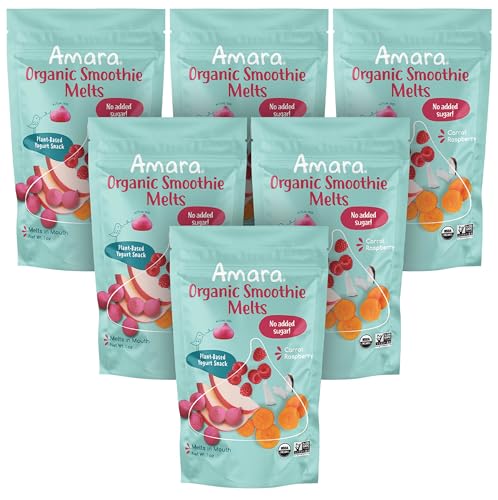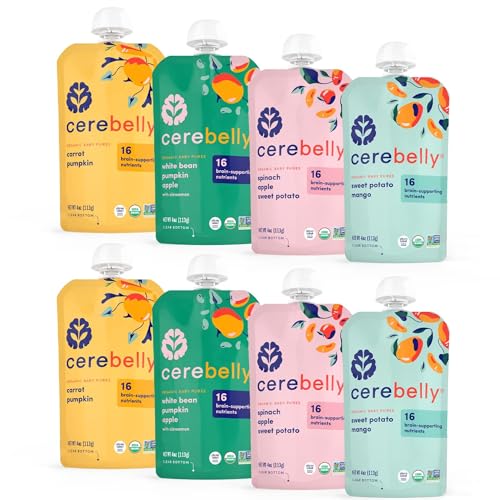No longer drinking milk and ready to live with no adults are 2 very different things. Weaning may not just mean no longer drinking milk. It is beneficial to leave young with their parents are a surrogate for weeks to months (does depend on gestation and rate of maturity) even after they stop nursing.
For gerbils with a similar gestation we leave the previous litter in until the 2nd litter is about ready to stop nursing completely and the 3rd litter is about due. They learn parenting from their parents and help their parents raise the next set of offspring.
The colony rabbits stay with the does as they raise they next litter while the cage rabbits go to join a laid back buck or junior doe ~12 weeks at 4 weeks until 6-8weeks when they join the colony or get separated by gender (or the bucks just get butchered).
With horses we move them from their dams to a pasture with 1-3 older horses who will teach them the rules of being a horse and behaving then return them to their dams when they have their next foal on them or it has been long enough they are very unlikely to let them nurse again.
Guinea pigs we would wean at 3 weeks due to boars being able to breed sometimes at that age and guinea pigs never really rely on guinea pig milk anyway but they always went in with a same gender adult for another 3-5 weeks before going to homes or being caged without an adult.
Puppies are kept with their parents and siblings for at least 8 weeks and it makes training and bite inhibition much easier. It can stop a lot of problems new puppy owners face and even problems that show up years later in the dog's life just by getting discipline and examples from it's parent(s) and siblings.
I would not buy an animal that had been weaned and caged alone as soon as it stopped nursing. It has a major psychological impact. I think this is where the term weaning becomes confusing. Weaning may mean stop nursing or it may mean completely removal from the parents or any adults. The term is used interchangeably.
For gerbils with a similar gestation we leave the previous litter in until the 2nd litter is about ready to stop nursing completely and the 3rd litter is about due. They learn parenting from their parents and help their parents raise the next set of offspring.
The colony rabbits stay with the does as they raise they next litter while the cage rabbits go to join a laid back buck or junior doe ~12 weeks at 4 weeks until 6-8weeks when they join the colony or get separated by gender (or the bucks just get butchered).
With horses we move them from their dams to a pasture with 1-3 older horses who will teach them the rules of being a horse and behaving then return them to their dams when they have their next foal on them or it has been long enough they are very unlikely to let them nurse again.
Guinea pigs we would wean at 3 weeks due to boars being able to breed sometimes at that age and guinea pigs never really rely on guinea pig milk anyway but they always went in with a same gender adult for another 3-5 weeks before going to homes or being caged without an adult.
Puppies are kept with their parents and siblings for at least 8 weeks and it makes training and bite inhibition much easier. It can stop a lot of problems new puppy owners face and even problems that show up years later in the dog's life just by getting discipline and examples from it's parent(s) and siblings.
I would not buy an animal that had been weaned and caged alone as soon as it stopped nursing. It has a major psychological impact. I think this is where the term weaning becomes confusing. Weaning may mean stop nursing or it may mean completely removal from the parents or any adults. The term is used interchangeably.


















































